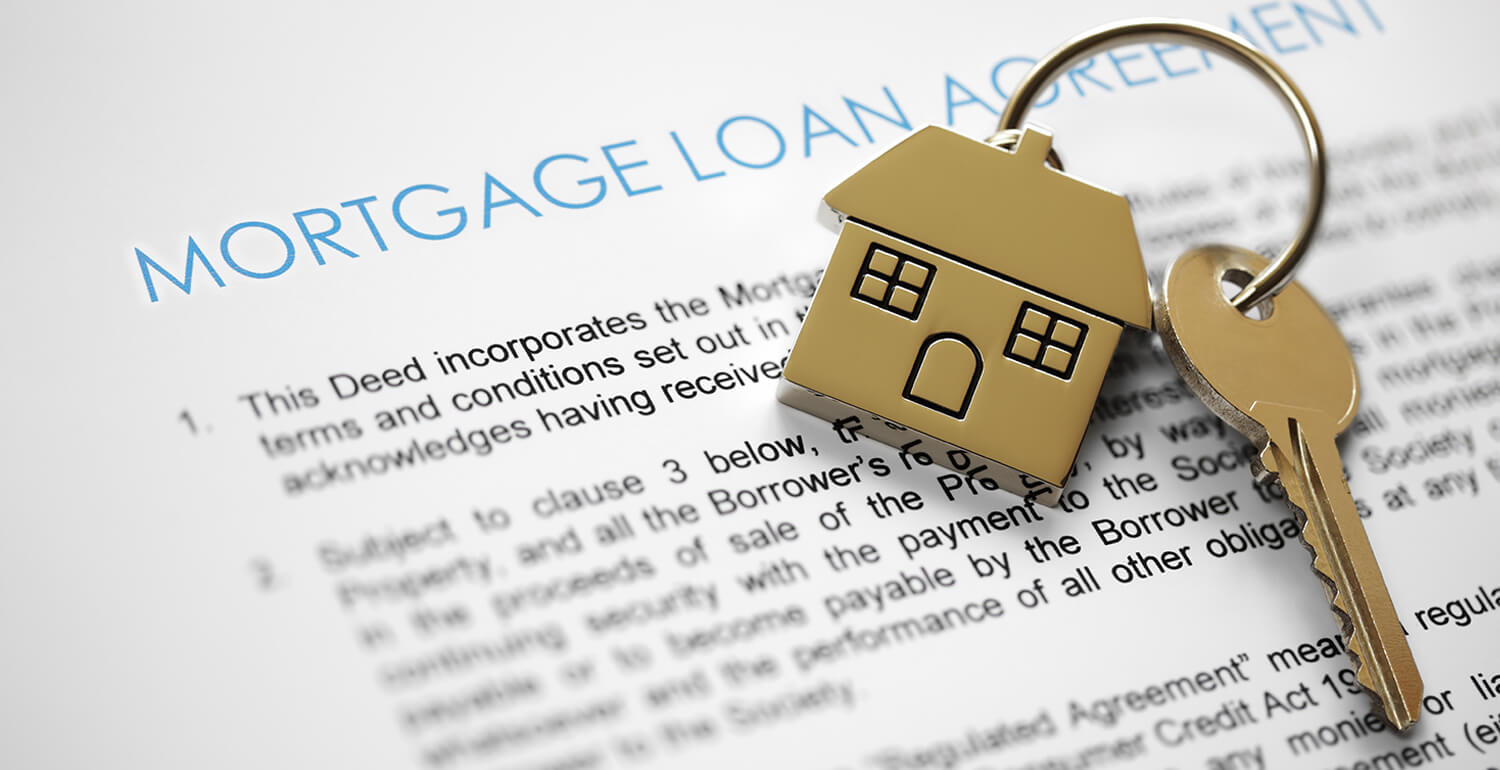Home Loan Pre-Approval: What Lenders Are Looking For
by Carlisle Homes

Want to get a better idea of your budget and speed up the process when you find your dream home? Here’s what lenders are looking for when it comes to pre-approving loans.
Home loan pre-approval is an estimate of how much money a lender will lend you provided that you meet certain conditions. Those conditions might include:
- A valuation to confirm that the property is worth what you’re paying for it
- Confirmation of your income and assets
- Paying off existing debts in some circumstances
The pre-approval process can often be done online. However, if your situation is more complex or you prefer the human contact, you can make a face-to-face appointment with your lender.
Once approved, your estimate and conditions are generally confirmed in writing. Conditional approval is valid for a certain time frame, usually three to six months, so it’s a good idea to apply for it when you’re ready to start house hunting.
You don’t have to have pre-approval in order to put an offer in on a property or a house and land package. However, it does have its advantages.
- Pre-approval gives you an idea of your budget. If you only have pre-approval for $600,000, you can save time and tears by narrowing down your search to homes at that price point or less.
- If your offer is accepted, you can potentially speed up the time between exchange and settlement because you’ve already started the process of applying for finance.
- If there are things you need to do to strengthen your application, like paying down debt, it’s better to know that before you put an offer in on a property.
- If you’re buying at auction, pre-approval is a must. Auction contracts are unconditional, meaning that you can’t make your offer conditional on obtaining finance. You therefore need to be confident that the bank will lend the amount you’ve promised to pay.

Save time and avoid the unnecessary legwork. Pre-approved loans give you a more accurate idea of your budget so you can refine your search when looking for a home.
What lenders are looking for
1. Security
If you default on your loan, will there be enough security for the bank to recoup the money they lent out? When you buy real estate, the property itself acts as the security for the loan. If you default, the bank can sell the property and pay itself back from the proceeds. However, it still needs to feel confident that there will be enough money from any sale to cover the amount lent.
This is why banks usually require that you have either:
- A deposit for 20% of the purchase price;
- For smaller deposits, lenders’ mortgage insurance; or
- A guarantor with equity in their own property to act as security
Lenders are also unlikely to lend you money for certain types of property which they regard as high risk. These include:
- Serviced apartments
- Rural lifestyle properties
- Some high risk suburbs
- Apartment blocks
- Homes in very poor repair
2. Serviceability
Is your income enough to cover the mortgage repayments?
Lenders will assess your income and expenses against the proposed mortgage repayments. This takes into account any dependants you have, and whether there is a second income earner on the application.
For an online pre-approval, lenders will ask you to estimate your living expenses. These are taken into account along with national benchmarks like the HEM (Household Expenditure Measure). Your lender will be checking to see if you have enough left over after your usual expenses are met to pay your mortgage. They will also require a buffer, or surplus, to ensure that you’ll still be able to pay if interest rates go up and your repayments increase.
Once you’ve had an offer accepted and are applying for unconditional approval, you will need to provide bank statements as proof of your estimated expenses. For this reason, it’s important to make sure that your estimates are as accurate as possible.
3. Responsible behaviour
Lastly, a lender will want to know that you live within your means and will honour your debts.
They may check your credit score, which will also show up any defaults you have on older debts. However, some lenders don’t look at credit scores in this initial phase. Instead, they may issue a pre-approval that is ‘conditional on a satisfactory credit check’. A credit assessor will then do a fuller assessment once you’re applying for the home loan.
This is better for the applicant, because every time a lender runs a query on your credit score, it leaves a record of the enquiry. Too many enquiries can hurt your chances of getting a loan later, because it signals that you’re ‘shopping around’ for credit.
Lenders may also look at the following to determine whether you’re a stable candidate for a loan:
- Length of current employment
- Length of current residence
- Amount of deposit, which indicates good savings habits
None of these are necessarily deal breakers on their own. However, if you’re constantly moving from job to job and house to house, it may work against you.

Lenders need to know you’re a responsible and reliable borrower. To assess your eligibility for loan pre-approval they will usually consider three main points: security, serviceability and responsible behaviour.
The best approach for a home loan pre-approval is always honesty. If the lender finds out down the track that you have concealed debts or been inaccurate, it could hurt your chances. Similarly, if at all possible try not to make any big life changes between pre-approval and the formal loan process. Stability is the key.
For more information about applying for a home loan, go to the Financial Services section of our website or speak to one of our friendly loan specialists on 1300 978 051.
